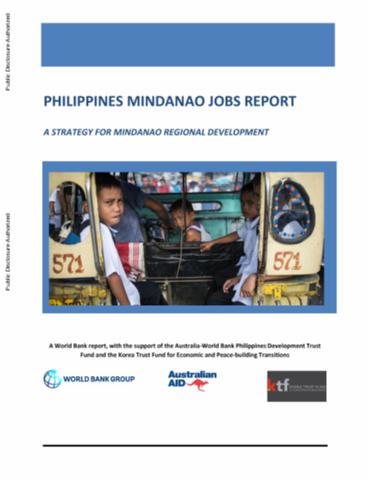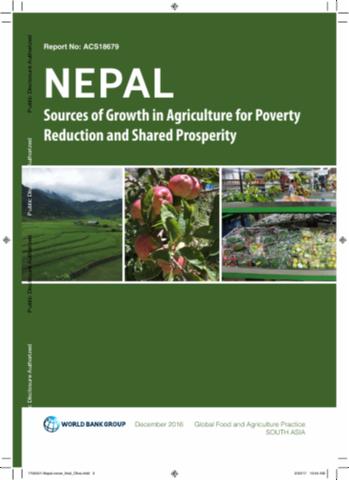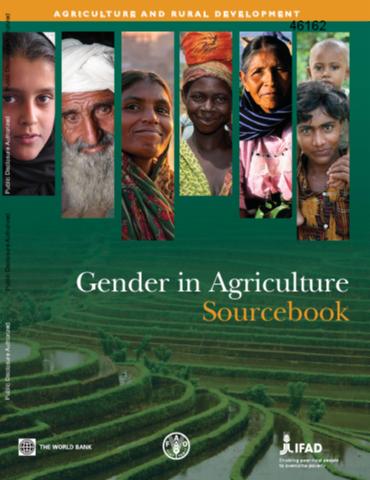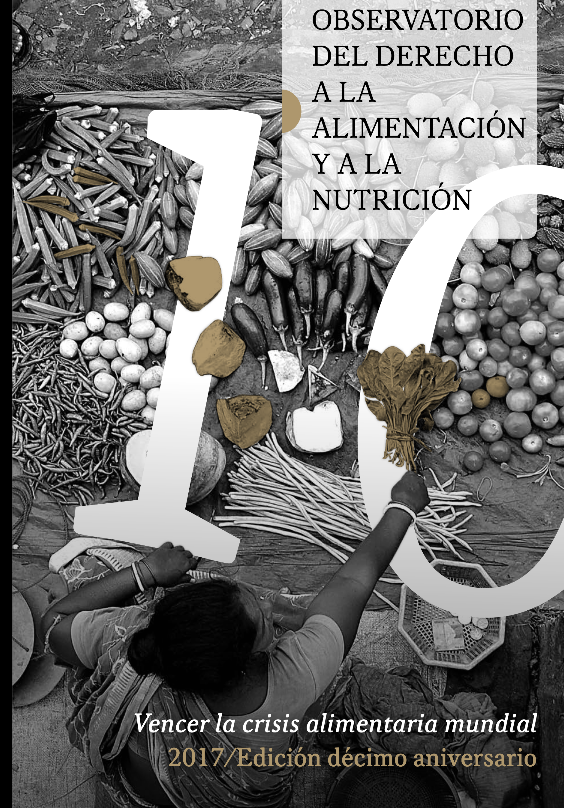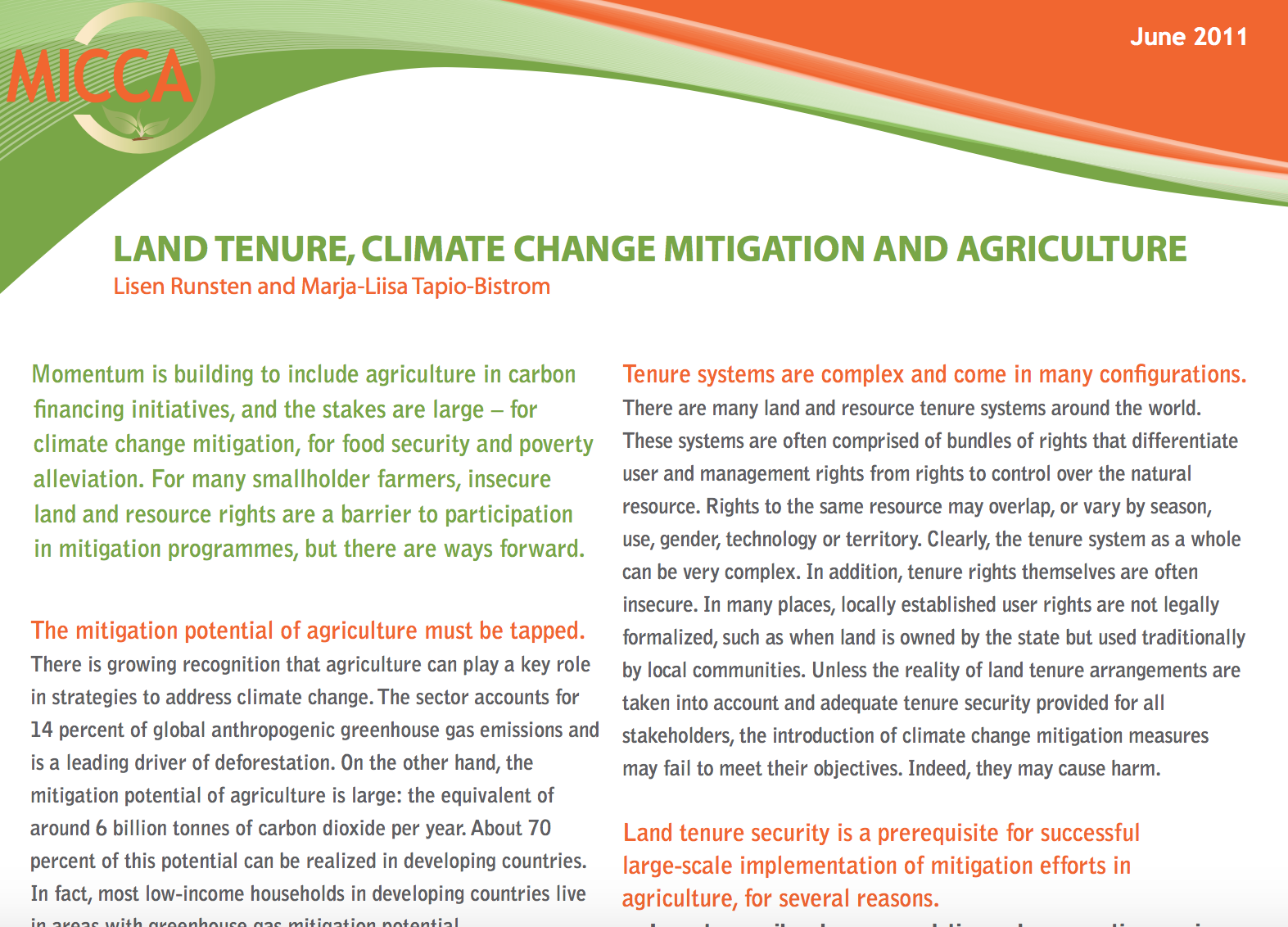Philippines Mindanao Jobs Report
This report adds value because its inclusive approach of engaging with a broad-based group of stakeholders at the time of both analysis and engagement has served a means of building support for needed reforms. The goal was to generate ownership among Mindanawons through consultations which were guided by mostly local technical experts. For the analysis, the World Bank partnered with leading universities, think tanks, experts, and nongovernmental organizations (NGOs). Some 90 percent of the extended team came from within Mindanao, and they contributed more than 40 background papers.

